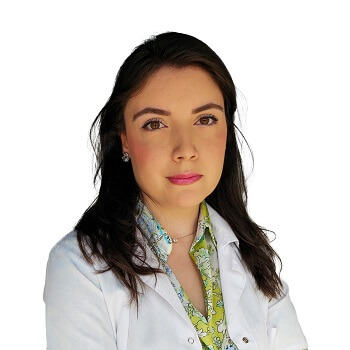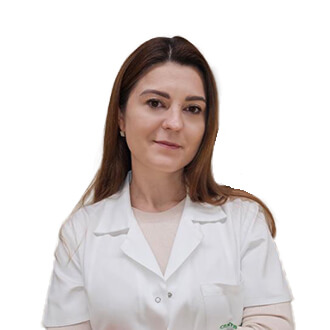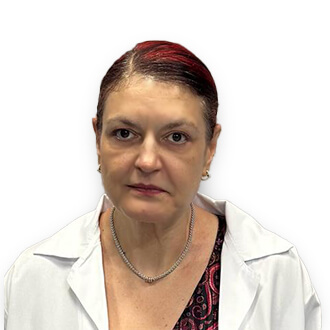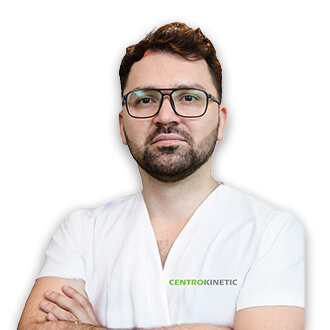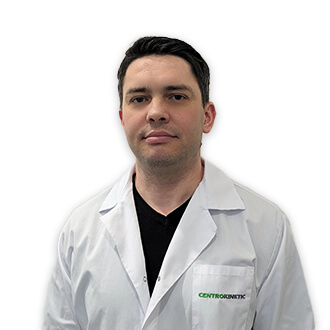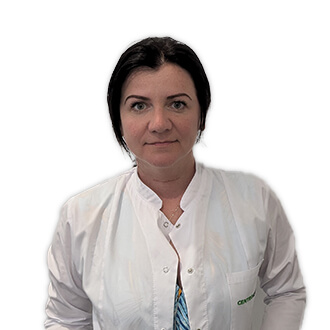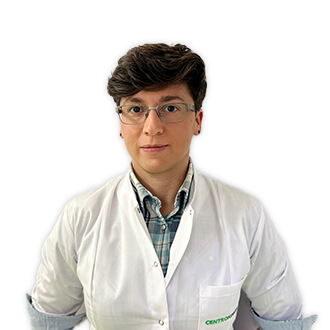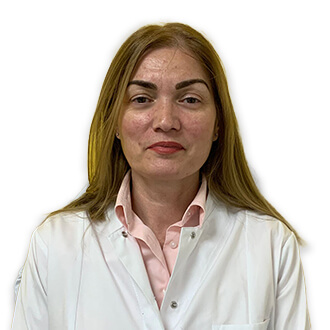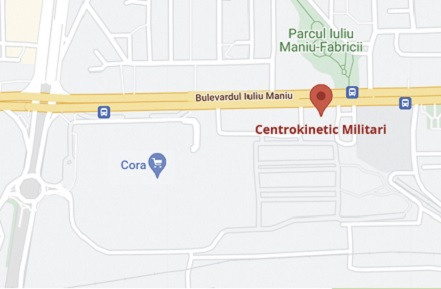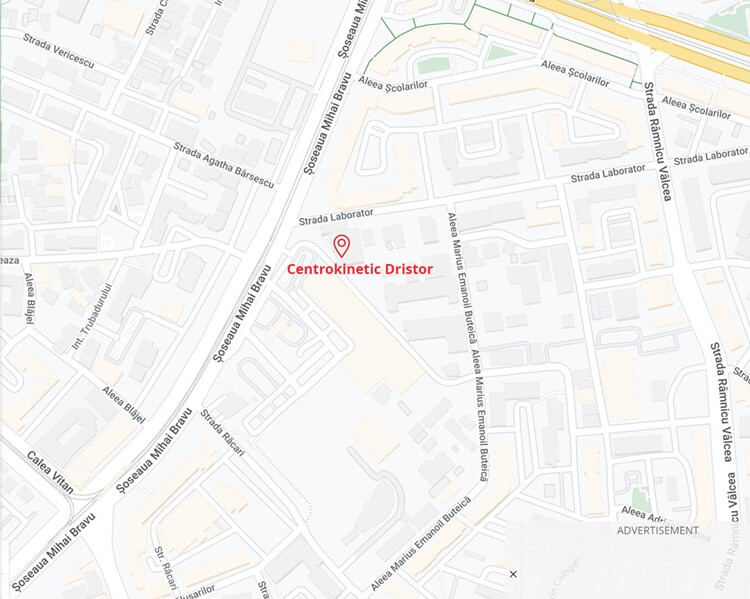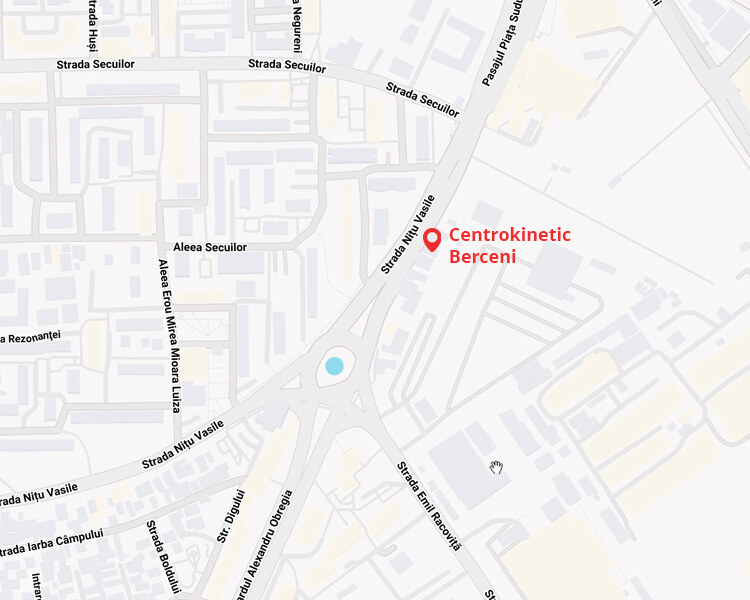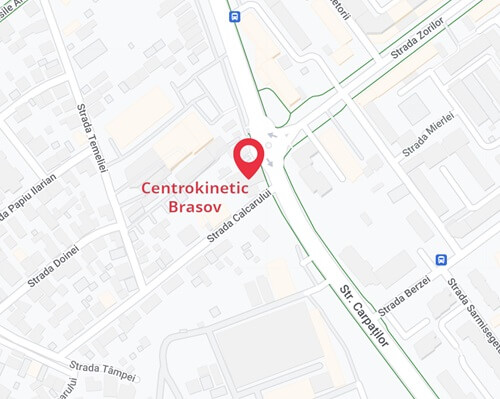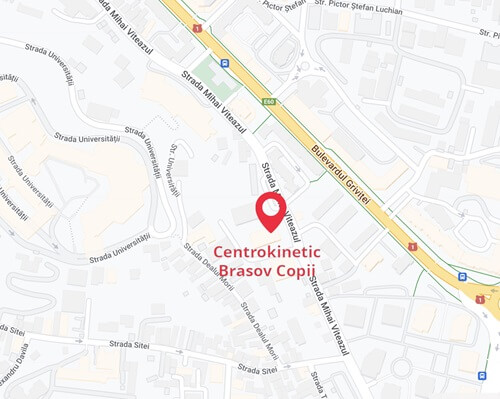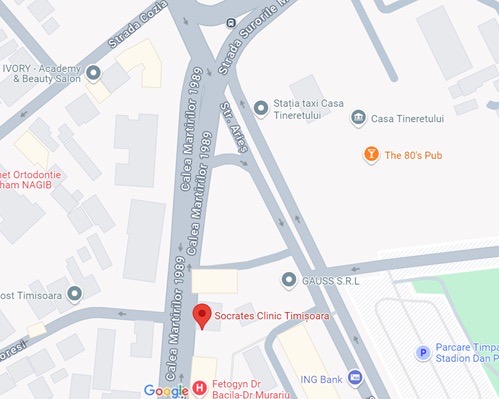Huntington's Disease: Causes, Symptoms, Risk Factors, and Treatment
 (1).jpg)
Huntington's disease, also known as Huntington's chorea, is a rare hereditary condition that affects the brain. It is incurable and has a significant negative impact on the life of the affected person and their family.[1][2] Learn more about this disease and its effects below!
What is Huntington's Disease?
Huntington's disease is a neurodegenerative condition that causes the progressive deterioration of nerve cells in the brain. This disease can lead to a wide range of physical, psychiatric, and cognitive disorders, with symptoms worsening steadily as the disease progresses.[1][2]
Types
The most common form of Huntington's disease is adult-onset, in which symptoms usually appear around the age of 30 to 40. However, symptoms can also occur later in life. A much rarer form of the disease is juvenile-onset, which begins in childhood and tends to have different manifestations and a faster progression than the adult-onset form.[1][2]
Causes of Huntington's Disease
Huntington's disease is caused by a mutation in the HTT gene, which encodes the huntingtin protein, essential for neuron function. When this gene is altered, an abnormal form of huntingtin protein is produced, which accumulates in nerve cells and causes cell death.[3]
How is Huntington's Disease Inherited?
Huntington's disease is a genetic disorder transmitted in an autosomal dominant manner. This means that the presence of a single copy of the altered gene in each cell is enough to cause the disorder. In most cases, the affected person inherits the altered gene from a parent with the disease. However, there are rare cases where a person with Huntington's disease does not have a parent with the condition, which is linked to new or spontaneous mutations in the gene.[3]
Risk Factors for Huntington's Disease
If one parent has the disease, there is a 50% chance that their child will inherit it and pass it on to their own children. As the disease is passed from one generation to the next, it becomes more severe, and the age of onset decreases.[1][2]
Symptoms of Huntington's Disease
.jpg)
The symptoms of Huntington's disease can vary from person to person and will worsen as the disease progresses. One of the early warning signs of the disease is chorea, characterized by involuntary and uncontrolled movements. It can manifest as jerking or twitching and often initially affects the hands, fingers, and facial muscles, later involving the arms, legs, and torso.[1]
Other physical symptoms of Huntington's disease include:
- ataxia;
- walking difficulties;
- swallowing difficulties;
- slurred speech.[2]
Huntington's disease can also cause cognitive symptoms:
- difficulty organizing;
- difficulty concentrating;
- lack of flexibility in thinking;
- lack of impulse control;
- slowness in processing thoughts or "finding" words;
- problems learning new information;
- lack of awareness of one's behaviors and abilities.[2]
Various psychiatric disorders can also occur, with depression being the most common (it arises not as a reaction to the diagnosis but as a consequence of brain damage caused by the disease). Other common disorders include obsessive-compulsive disorder, mania, or bipolar disorder.[2]
Symptoms of Juvenile Huntington's Disease
In the juvenile form of this disease, symptoms include:
- behavioral changes (attention problems, a sudden drop in school performance, aggressive behavior, or other behavioral issues);
- muscle stiffness and contractions (affecting walking);
- tremors;
- frequent falls or clumsiness;
- seizures.[2]
Complications
The speed at which the disease worsens and its duration vary, but on average, death occurs 10 to 30 years after the onset of symptoms. In the case of juvenile Huntington's disease, this interval is shorter - death typically occurs within 10 to 15 years of symptom onset.[1][2]
Dementia and depression are major complications of Huntington's disease, with the latter significantly increasing the risk of suicide. Other potential complications include physical injuries due to involuntary movements or falls, malnutrition, and infections. These are common causes of death in patients with Huntington's disease.[1][2]
Treatment Options for Huntington's Disease
There are no treatments to stop or slow the progression of the disease. Available options focus on alleviating symptoms and improving patients' quality of life and include:
- physical therapy, physiotherapy, and occupational therapy - these can improve mobility and independence, helping patients maintain motor skills for as long as possible;
- speech therapy - helps manage speech and swallowing difficulties;
- psychological counseling - can help patients and their families cope with the emotional and psychological aspects of the disease;
- medication - may include various drugs to manage symptoms (e.g., medications to treat chorea, antidepressants, antipsychotics).[1][2]
Huntington's disease is a severe genetic condition with complex and varied symptoms that require careful management and appropriate treatment. Early diagnosis and proper treatment can help improve the quality of life for patients suffering from this disease and their families. If you have additional questions or know someone affected by Huntington's disease, consult a neurologist!
References:
- „Huntington’s Disease: What It Is, Symptoms & Treatment”, Cleveland Clinic, 6 Sept. 2023. Accessed on 19 Sept. 2024.
- „Huntington’s Disease”, Mayo Clinic, 2024. Accessed on 19 Sept. 2024.
- „Huntington’s Disease”, MedlinePlus Genetics, 2020. Accessed on 19 Sept. 2024.
BUCHAREST TEAM
CLUJ NAPOCA TEAM
BRASOV TEAM
MAKE AN APPOINTMENT
FOR AN EXAMINATION
See here how you can make an appointment and the location of our clinics.
MAKE AN APPOINTMENT

















